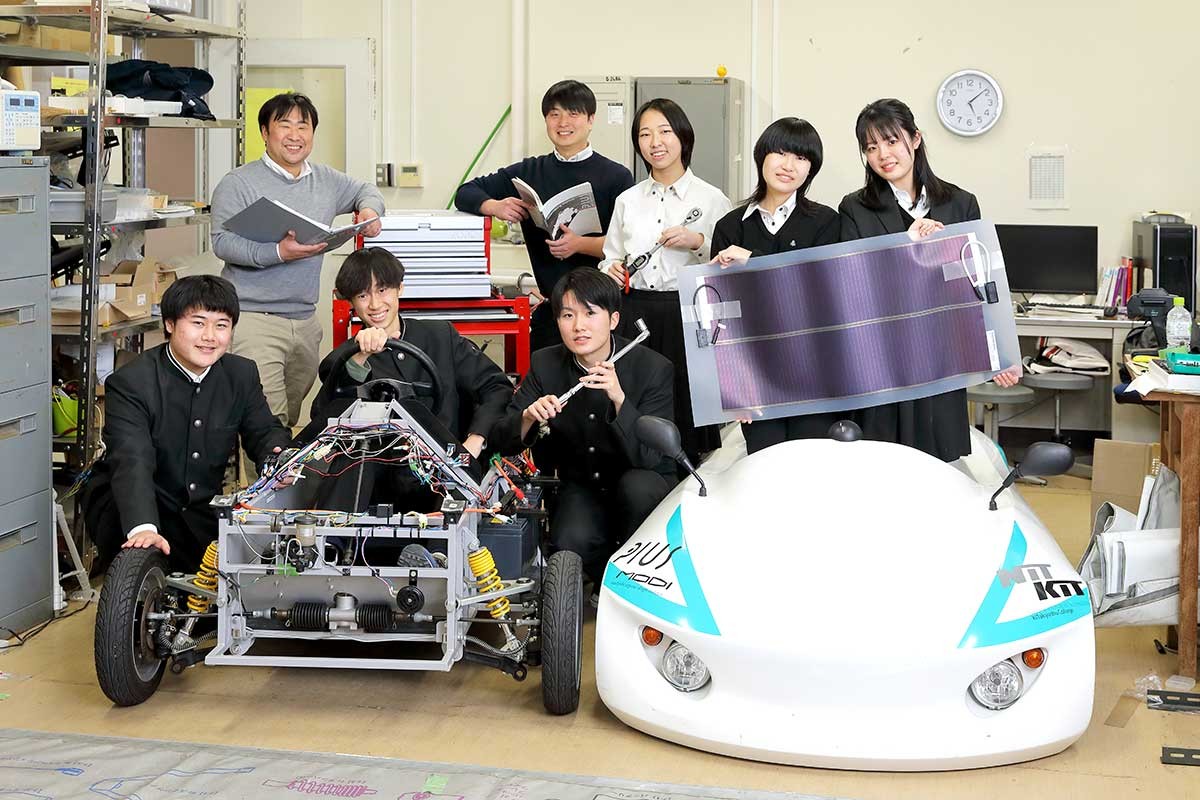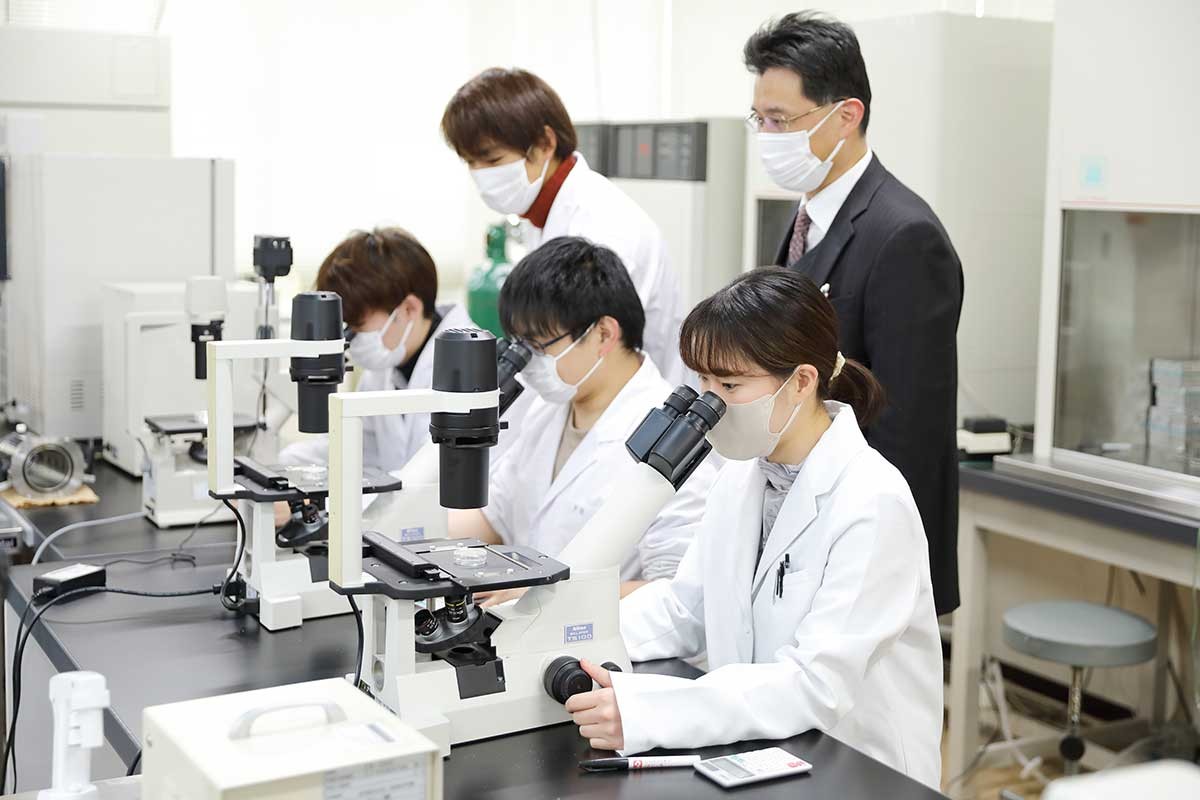General Information
Message from the President
Kitakyushu KOSEN was established in Kitakyushu City in 1965 as a national college of technology and has sent many excellent graduates into the world under the philosophy of “cultivating engineers who create a bright future”. Many of our graduates are active at the forefront of the industrial world. Kitakyushu City is a region that has driven the economic growth of modern Japan as the "Kitakyushu Industrial Zone". In this area with such a tradition of industry, our school has actively promoted industry-academia-government collaboration with local governments, companies, and universities. On the other hand, the industrial structure has changed significantly over the past 50 years. In order to respond to these changes in the industrial structure and to improve fundamental engineering skills, in 2015, we reorganized from the previous five departments to one department, the Department of Production Design Engineering, with five courses.
However, the world is now in an era of rapid change. Many countries are entering a period of population decline, and technological innovations such as AI and biotechnology are expected to rapidly change the way the world works. The engine that will lead the world in the future will undoubtedly be innovation driven by new technologies. Therefore, what is most needed from now on are creative engineers who can always grasp change and lead the way in the world. At our school, general subjects and specialized subjects are arranged in a wedge shape, and the proportion of specialized education is gradually increased from the first year, so that students can naturally acquire the mindset and literacy of cutting-edge engineers. In addition, our school places emphasis on "experiments and practical training." This allows for specialized education that has a good balance between theory and practice. Furthermore, the National Colleges of Technology in Japan have organized the core ability level that all students should achieve as a "Model Core Curriculum." By studying the educational curriculum that conforms to this Model Core Curriculum, not only at our school but at any other colleges of technology, graduates are guaranteed to have a satisfied level of academic ability and knowledge in their specialized field.
I hope that students at Kitakyushu KOSEN will grow into engineers who do not fear change but enjoy it, and who can continue to learn in order to create value that leads the times. I believe that the students of Kitakyushu KOSEN will be able to firmly improve themselves in Shii campus and practice "身近而志遠" (venture with ambitions).
National Institute of Technology, Kitakyushu College
President Yoshiki Katayama
Philosophy and Objectives
To foster pioneer-oriented engineers
Educational Objectives
- Mastery of a wide knowledge of engineering basics and of skills to develop creative technology
- Acquisition of international awareness to gain trust and respect in the international community
- Cultivation of moral responsibility to develop earth-friendly technology
Research Objectives
- Maintain and improve educational standards for teaching advanced practical technology
- Contribute to the region through joint research with local industries and promote manufacturing education for students
- Academic contribution to specialized engineering fields
Objectives of Community Contribution Activities
- Practice manufacturing awareness activities
- Promote cooperation with local industries and municipalities
Our Three Policy of Education
Diploma Policy
The National Institute of Technology, Kitakyushu College (NITKIT), through a distinctive educational curriculum that exposes students to technology early on through experiments, practical training, and skills, teaches scientific knowledge to students with a heightened interest in technology, and then provides them with an understanding of advanced technology, fosters practical and creative engineers who have acquired the basic technology, liberal arts, and lifelong learning skills necessary for future success in manufacturing and various other fields, as follows.
Curriculum Policy
Based on the educational philosophy and educational objectives, the following educational curriculum is organized inorder for students to acquire the knowledge, abilities, and dispositions set forth in the Diploma Policy and the Learning and Educational Achievement Goals. In accordance with the syllabus specified for each class subject, the results of study are evaluated and the prescribed credits are awarded. In principle, the results of midterm and final examinations, as well as reports and quizzes, are evaluated based on a comprehensive evaluation.
Admission Policy
Ideal Students that NITKIT Seeks
- Interested in mathematics and science
- Interested in engineering
- Willingness to engage in experiments and practical work
- Have the will to be active as engineers who support society with international sense and humanity in the future
Basic Policy for Screening Applicants
- Applicants who have a sufficient aptitude and general basic academic skills to achieve the school's educational philosophy, diploma policy, and educational goals will be accepted.


